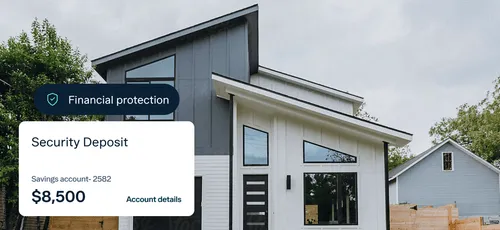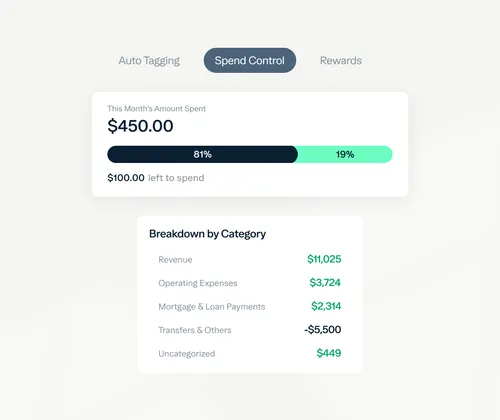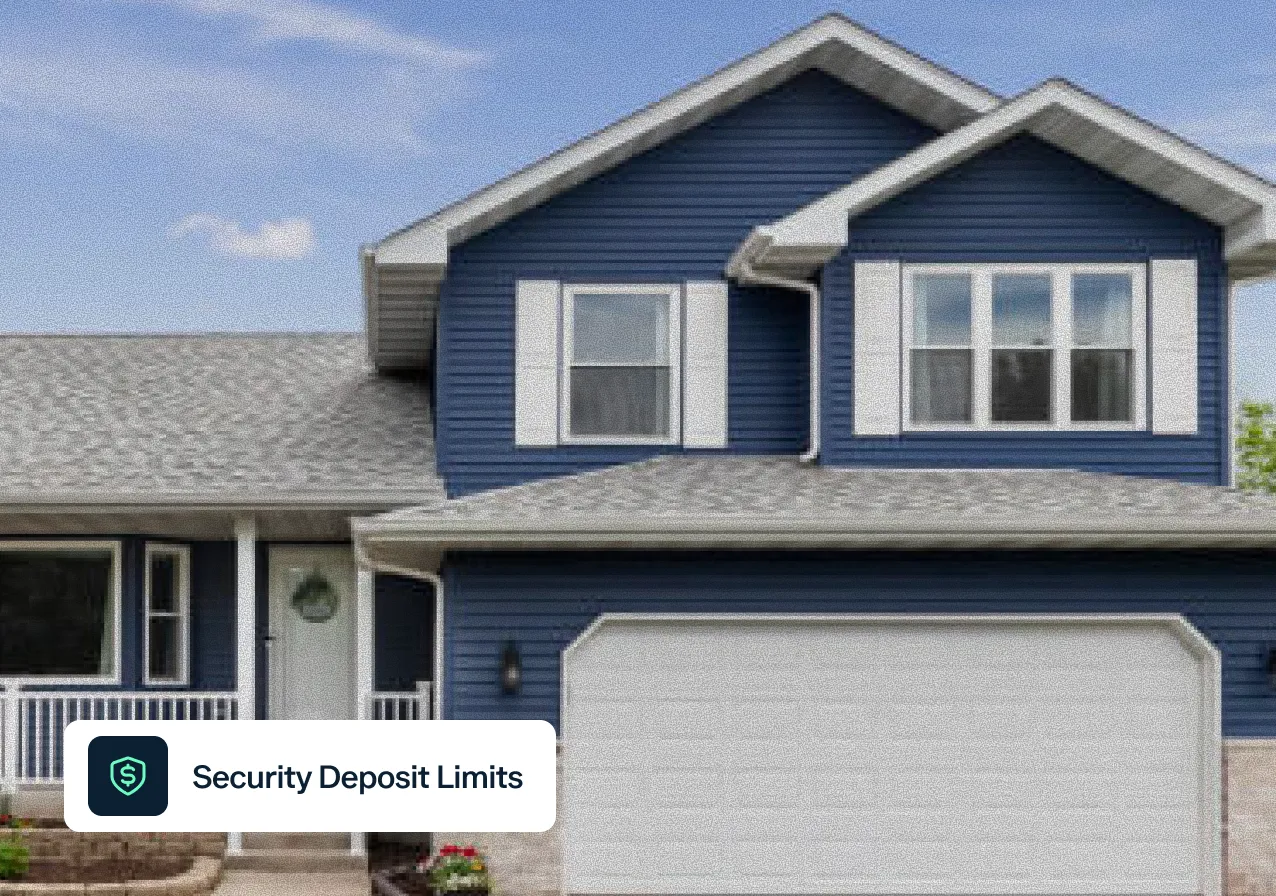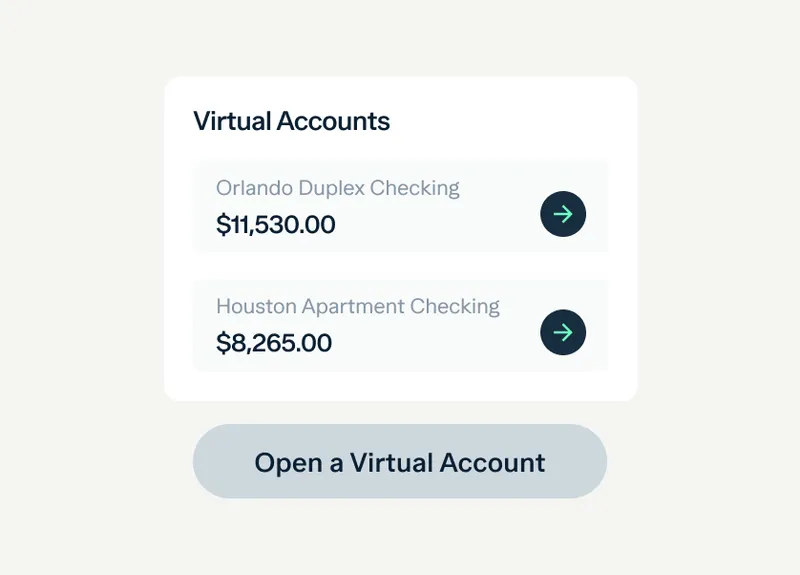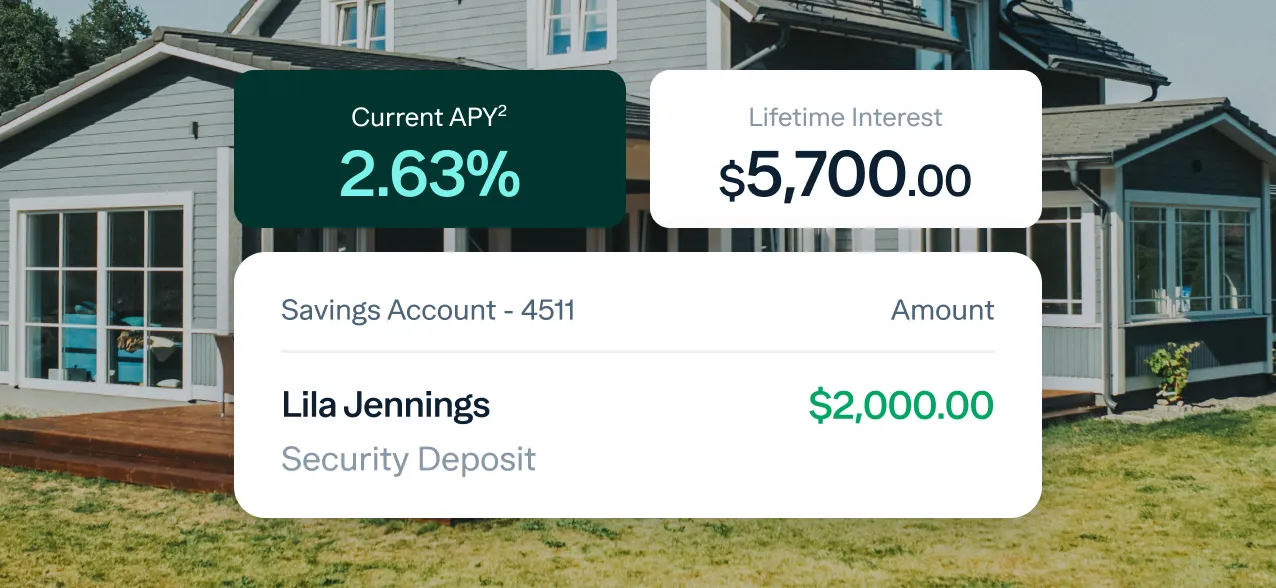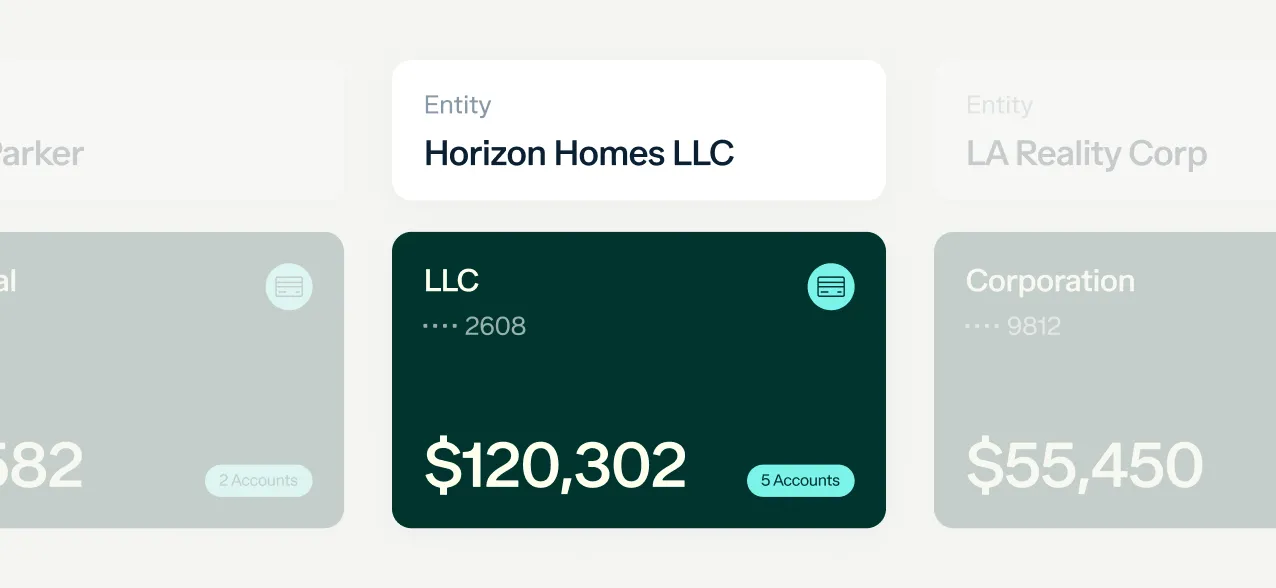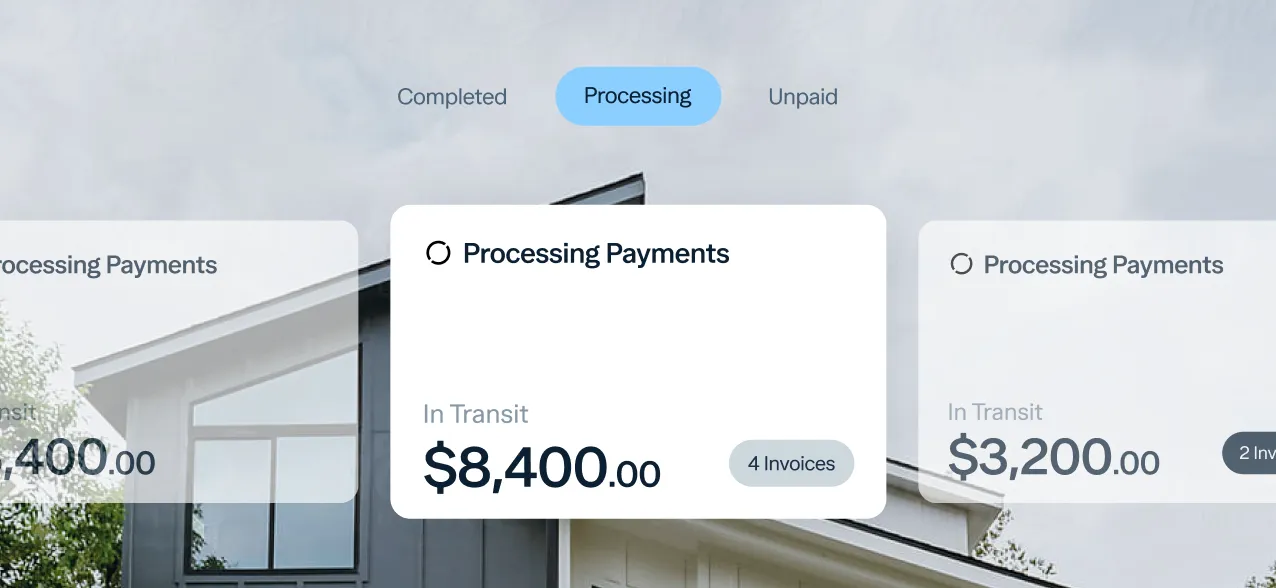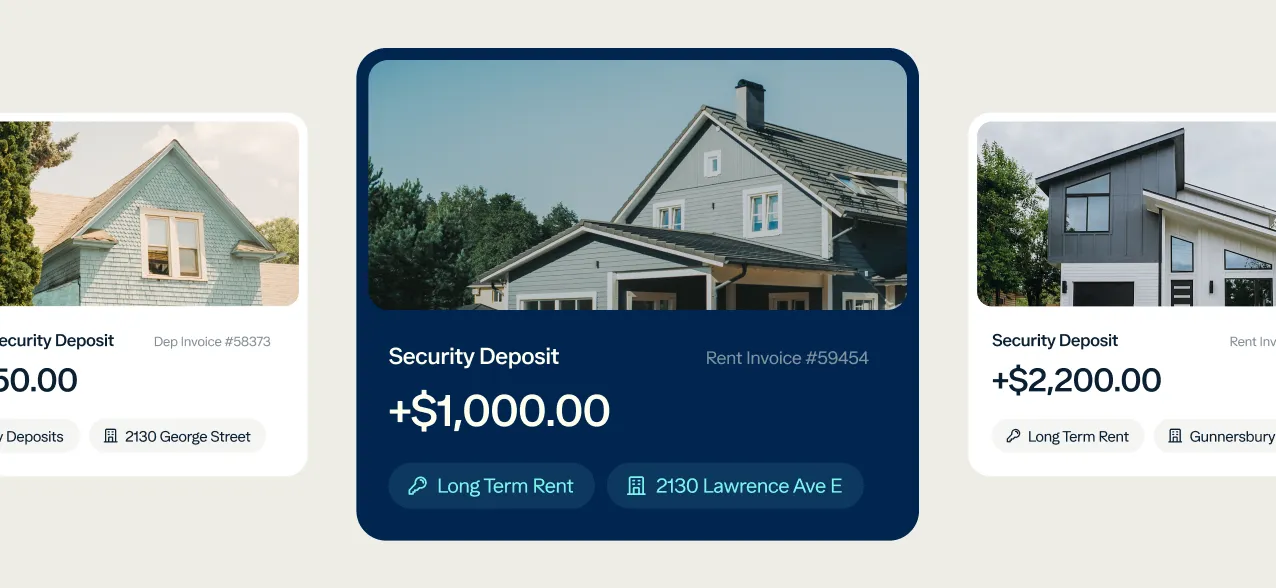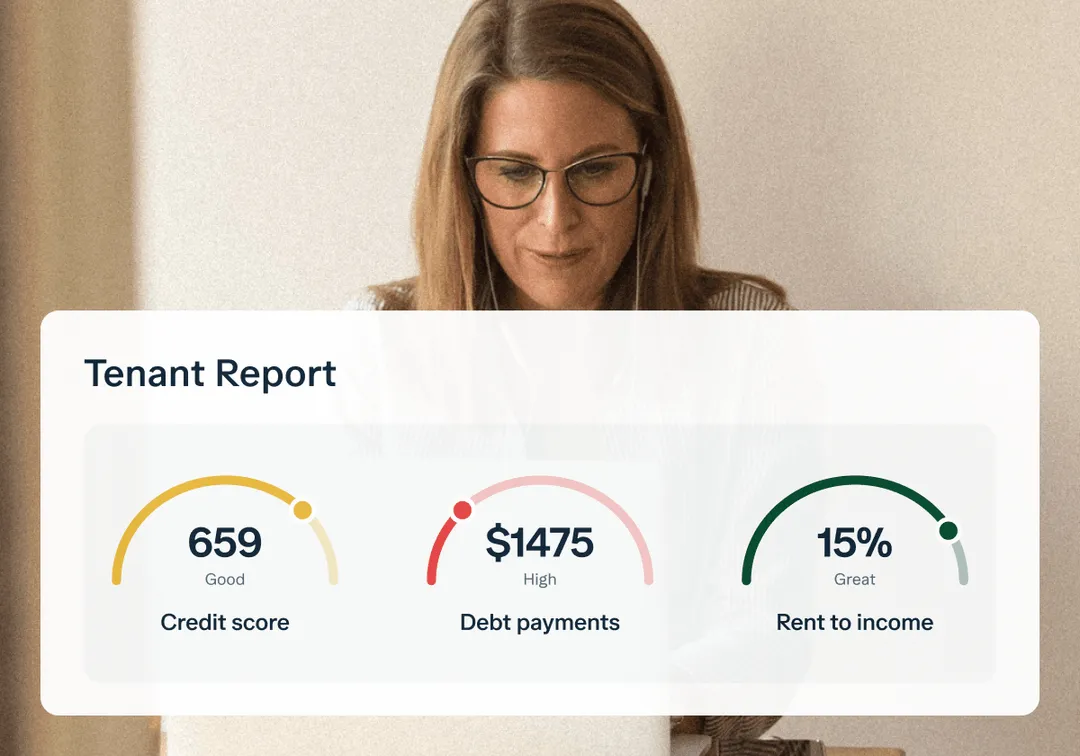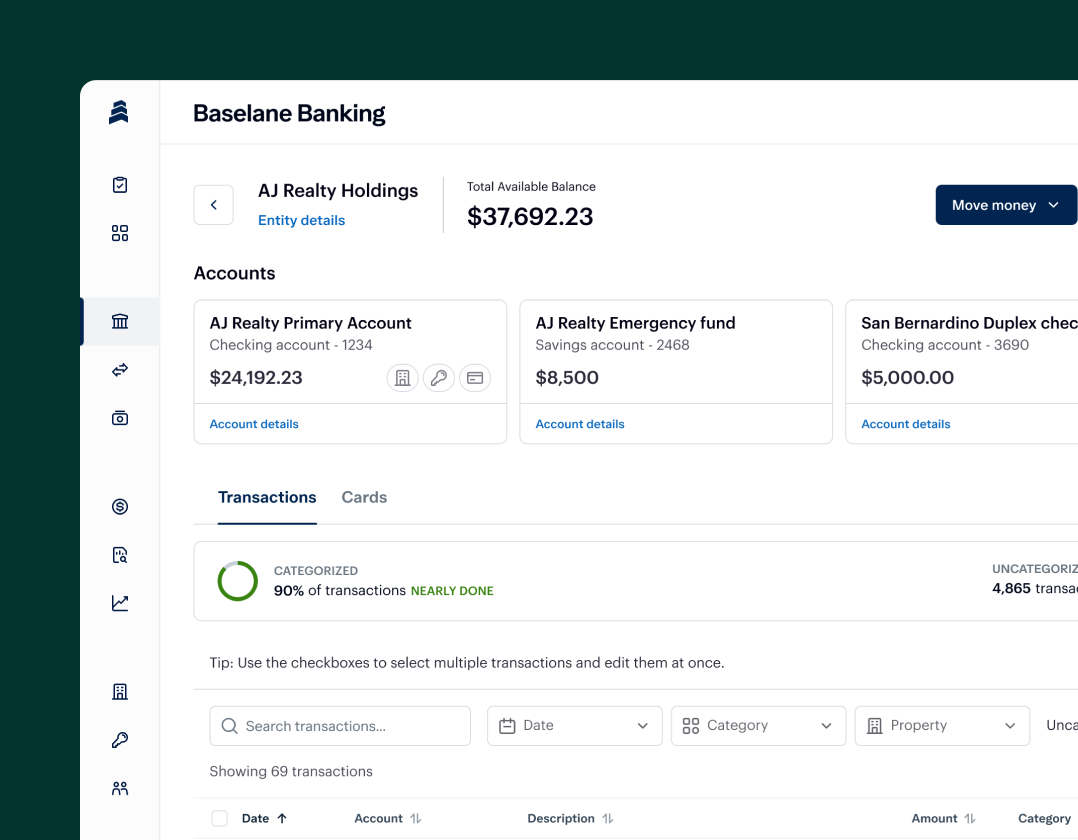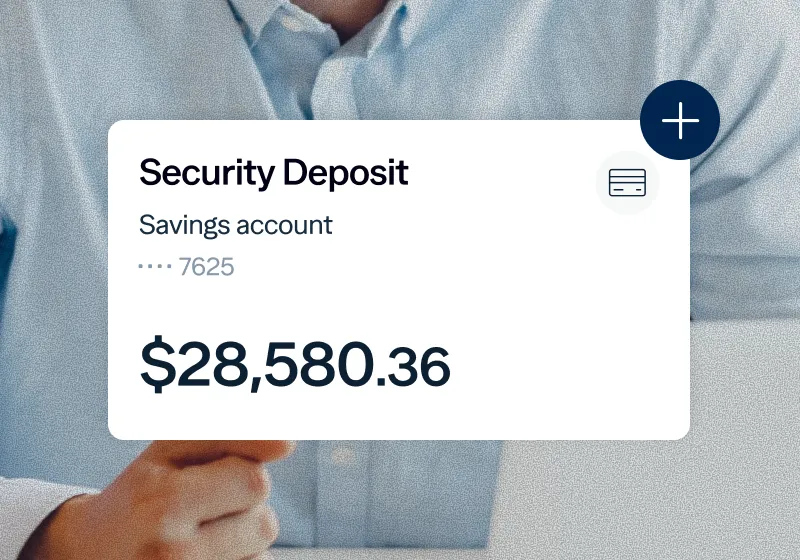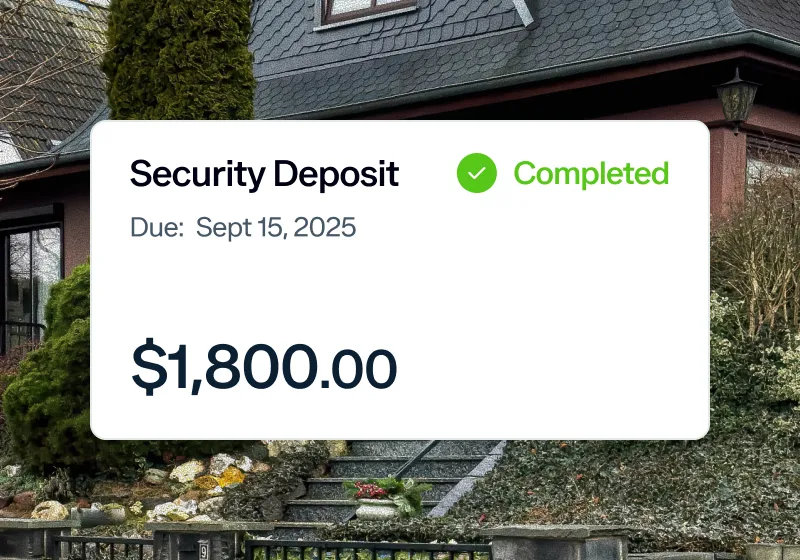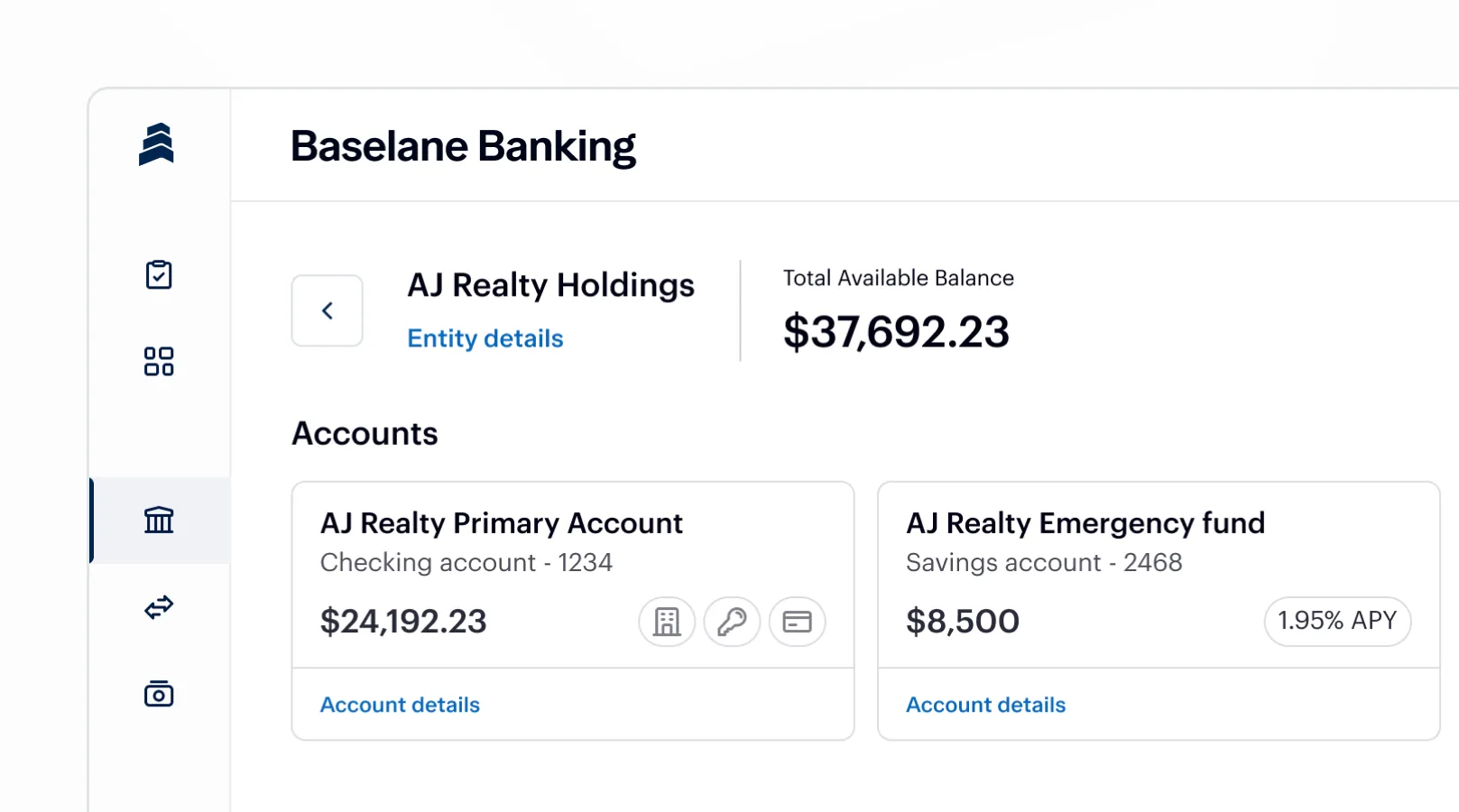In Idaho, no legal limit applies to security deposits.
Security deposit rules in {{ state }}
Limit: In Idaho, there is no statutory limit on the amount a landlord can charge for a tenant security deposit. Most landlords typically collect an amount equal to one month’s rent, though higher deposits may be charged depending on the tenant’s credit history, rental background, or risk factors such as pets. The tenant deposit amount must be clearly stated in the lease agreement, and holding it in a security deposit bank account in Idaho is recommended to ensure transparency and compliance with best practices.
Return Deadline: The landlord must return the tenant security deposit, along with an itemized list of deductions, within 21 days after the tenant vacates the property. However, the lease may extend this timeframe to up to 30 days if both parties agree in writing. If the landlord fails to return the tenant deposit or provide documentation within this period, the tenant may recover the full deposit amount plus potential damages and legal fees.
Acceptable Deductions: The tenant security deposit may be used to cover unpaid rent, late fees, damages beyond normal wear and tear, cleaning costs, and expenses related to restoring the rental property to its original condition. All deductions must be itemized and supported by receipts or written estimates.
Where to Deposit: Idaho law does not require landlords to place deposits in an interest-bearing or separate account. However, using a security deposit escrow account in Idaho or a landlord tenant security deposit bank account in Idaho is highly recommended to separate tenant funds from personal or business accounts. While there is no mandated security deposit interest rate, keeping funds in a dedicated, FDIC-insured account provides a transparent and professional way to manage tenant deposits and maintain compliance with Idaho rental laws.

